
AllQuestion and Answers: Page 1611
Question Number 49008 Answers: 1 Comments: 0
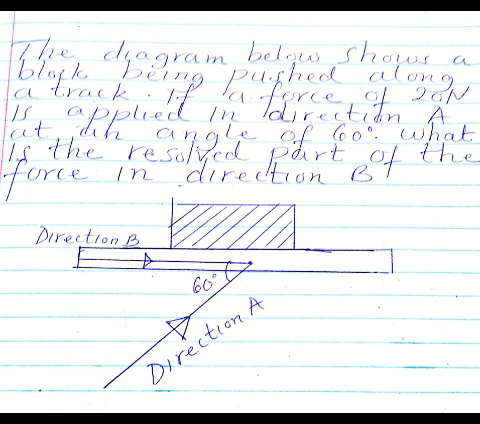
Question Number 49007 Answers: 0 Comments: 0

Question Number 49006 Answers: 1 Comments: 0

Question Number 48993 Answers: 1 Comments: 0

Question Number 49014 Answers: 3 Comments: 1
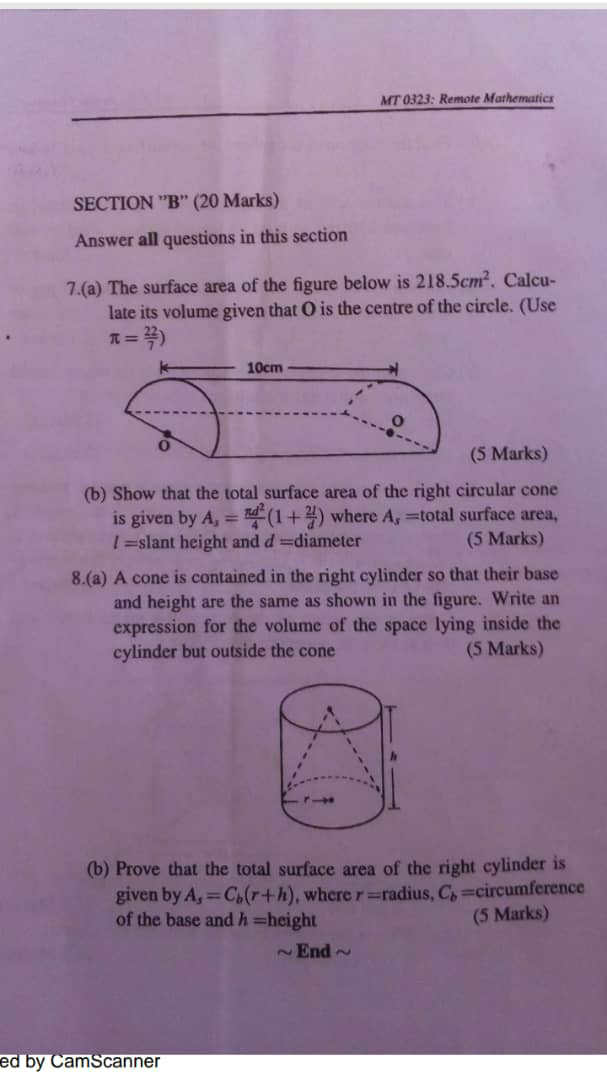
Question Number 48984 Answers: 0 Comments: 1

Question Number 48983 Answers: 1 Comments: 0
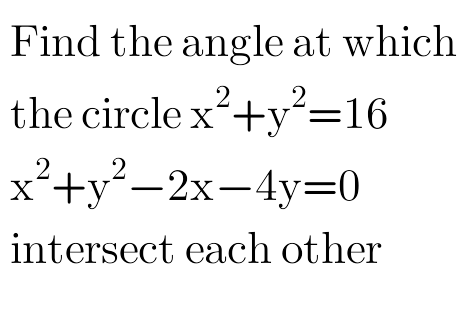
Question Number 48982 Answers: 2 Comments: 0
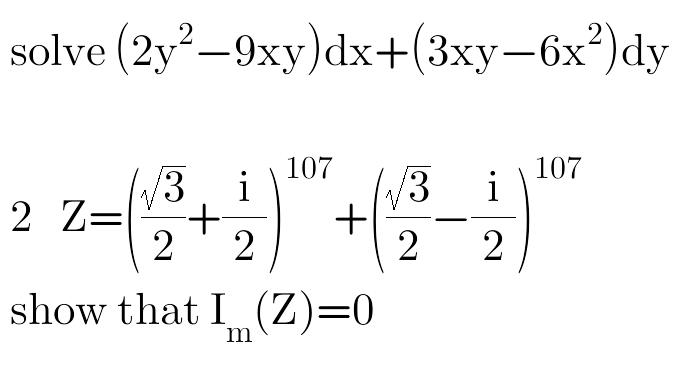
Question Number 48981 Answers: 1 Comments: 0

Question Number 48977 Answers: 2 Comments: 0

Question Number 48976 Answers: 1 Comments: 0

Question Number 48966 Answers: 1 Comments: 2

Question Number 48960 Answers: 1 Comments: 0
Question Number 49027 Answers: 0 Comments: 0
Question Number 48958 Answers: 1 Comments: 0
Question Number 48956 Answers: 3 Comments: 0
Question Number 48955 Answers: 3 Comments: 0
Question Number 48953 Answers: 0 Comments: 1
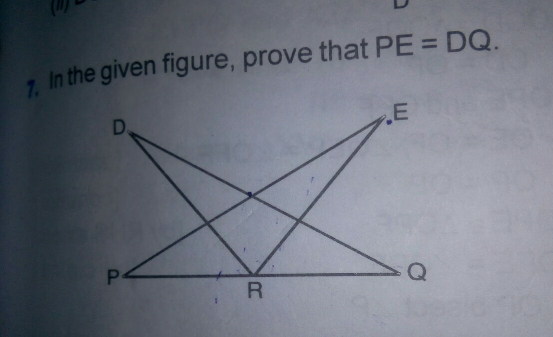
Question Number 48952 Answers: 1 Comments: 0
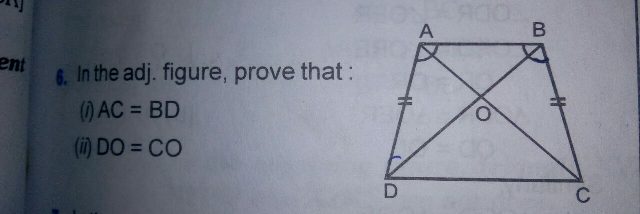
Question Number 48921 Answers: 3 Comments: 1

Question Number 48920 Answers: 1 Comments: 0

Question Number 48919 Answers: 0 Comments: 1
Question Number 48918 Answers: 0 Comments: 0
Question Number 48916 Answers: 0 Comments: 2
Question Number 48899 Answers: 2 Comments: 1
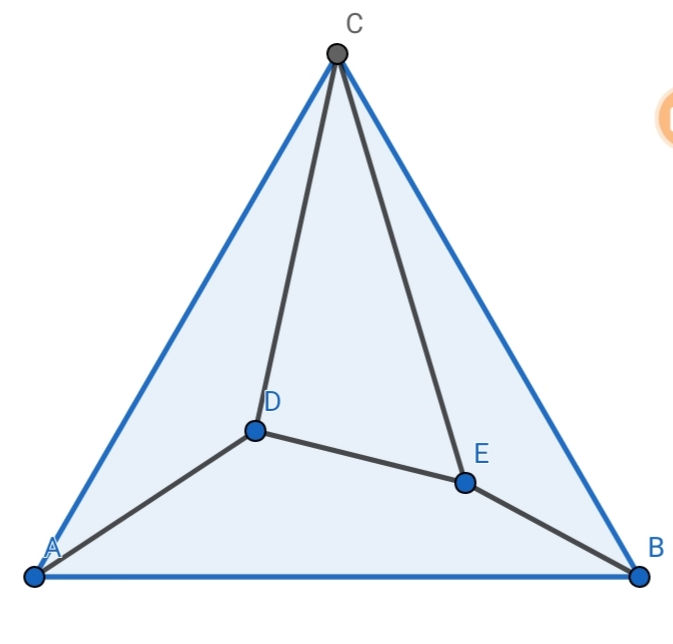
Question Number 48897 Answers: 2 Comments: 0
$${find}\:{the}\:{highest}\:{power}\:{of}\:\mathrm{5}\:{contained}\:{in}\mathrm{158}!\:\: \\ $$
Pg 1606 Pg 1607 Pg 1608 Pg 1609 Pg 1610 Pg 1611 Pg 1612 Pg 1613 Pg 1614 Pg 1615
